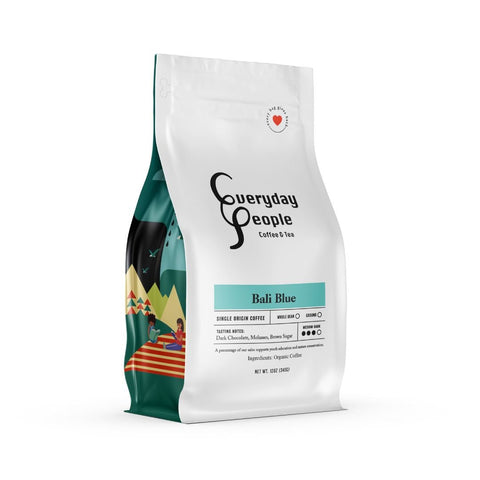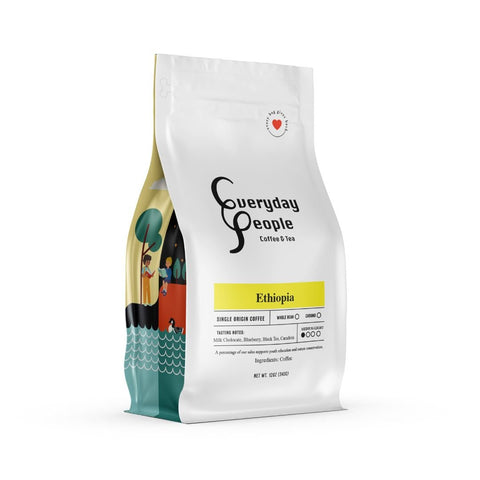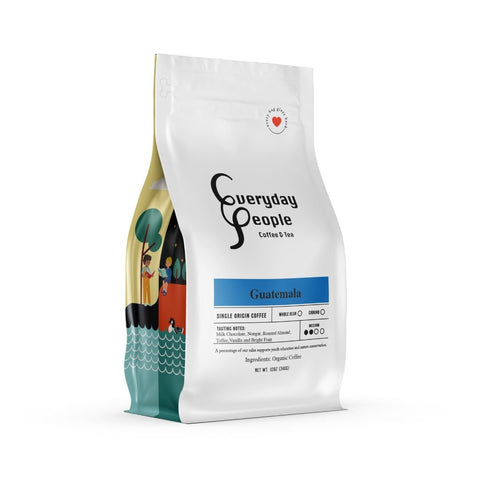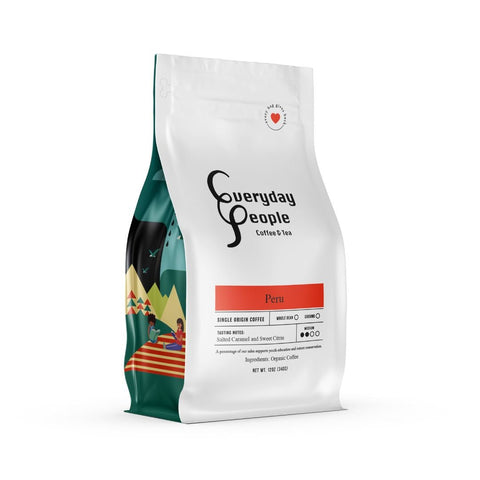Guatemala Coffee Farms
Premium Coffee from the Huehuetenango Highlands
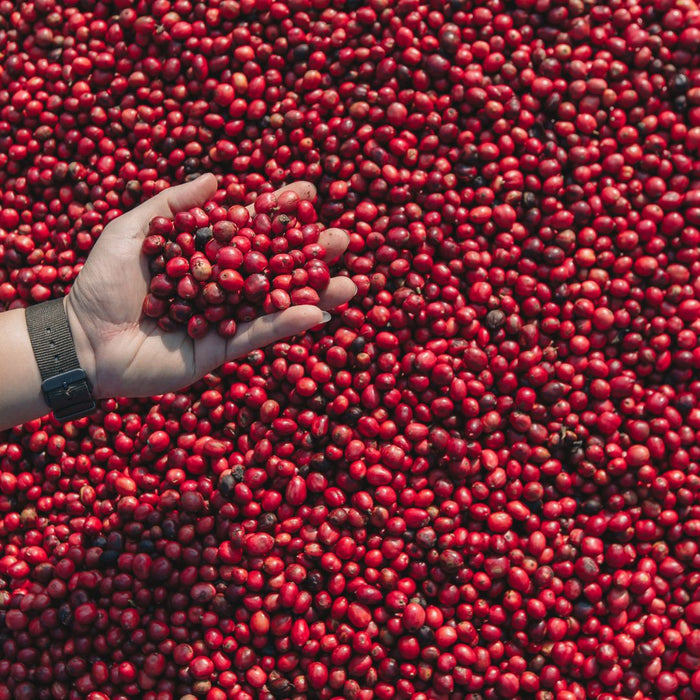
Coffee Overview
Guatemalan coffee comes from various regions and farms, each producing coffee with distinct flavors due to differences in altitude, climate, and soil. Some of the well-known coffee growing regions in Guatemala include Antigua, Huehuetenango, Atitlán, and Cobán.
Each of these regions has numerous farms, often referred to as fincas. Some renowned farms include Finca El Injerto in Huehuetenango, Finca La Jolíe in Antigua, Finca La Folie in Antigua, and Finca San Sebastián in Antigua. The Huehuetenango region, in particular, is renowned for its high-quality coffee production, benefiting from high altitudes, rich volcanic soil, and a favorable climate.
Coffee Profile & Specifications
Guatemalan coffee from Huehuetenango offers exceptional complexity and balance, showcasing the unique terroir of this high-altitude volcanic region. The combination of traditional processing methods and ideal growing conditions creates coffee with distinctive flavor characteristics prized by specialty coffee enthusiasts worldwide.
Medium Body, Medium Acidity
Toffee, Vanilla, Brown Sugar
Sun Dried
Guatemala
Caturra, Pache
Volcanic Loam
Volcanic Terroir
The Huehuetenango region benefits from rich volcanic soil and clay minerals that provide excellent drainage and nutrient retention. At altitudes ranging from 1,600 to 2,000 meters above sea level, the highland climate creates ideal conditions for slow cherry development and complex flavor formation.
The distinct wet and dry seasons, combined with the mountainous terrain, create numerous microclimates that contribute to the coffee's exceptional cup quality and full body that the region is famous for.
Small Farm Excellence
On average, producers cultivate coffee on just 2 acres of land, often intercropped with corn and beans produced for their own consumption. This small-scale, family-oriented approach ensures careful attention to quality at every stage of production.
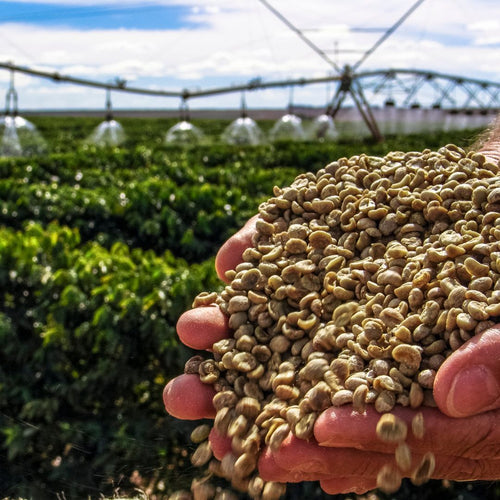
Producer Organizations
JUMARP (Asociación de Productores Cafetaleros Juan Marco El Palto)
The Association of Coffee Producers Juan Marco El Palto represents a collective of dedicated farmers in the Huehuetenango region. This organization works to improve access to resources, training, and market opportunities for its members, ensuring sustainable livelihoods while maintaining exceptional coffee quality.
Unitrade Coffee Partnership
Many producers have partnered with Unitrade Coffee, an export company that provides essential infrastructure and support. Since producers have limited infrastructure to process their own coffee, they can deliver their cherry to Unitrade's centrally located wet mill in Huehuetenango.
This partnership enables small-scale farmers to access international markets while maintaining quality control throughout the processing chain. The collaboration ensures fair pricing and sustainable practices that benefit entire farming communities.
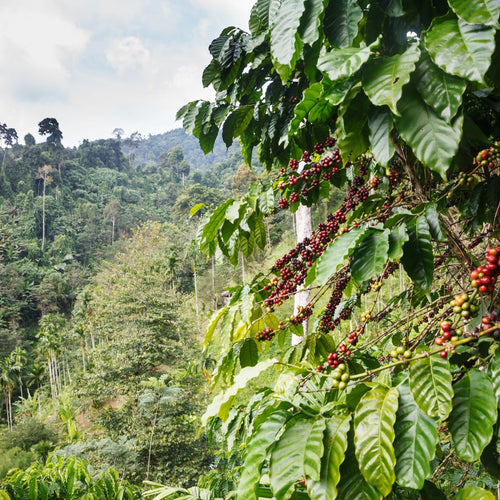
Apicus Cooperative Excellence
Apicus Coop plays a pivotal role in the local coffee community by organizing small-scale farmers into a cooperative structure. This model fosters unity and shared purpose among farmers, empowering them to produce exceptional coffee while maintaining sustainable livelihoods through collective strength and shared resources.
Cooperative Impact & Sustainability
The cooperative model in Guatemala's coffee regions demonstrates the power of collective action in improving both coffee quality and farmer livelihoods. By organizing small-scale farmers, these cooperatives provide essential resources, training, and market access that individual farmers would struggle to obtain alone.
Sustainable Practices
Apicus Coop emphasizes environmentally friendly techniques, including shade-grown coffee, which helps preserve biodiversity and prevent soil erosion while producing healthier coffee for consumers.
Fair Pricing
Through fair trade practices, cooperatives ensure farmers receive fair prices for their coffee, enabling them to invest in their farms and communities for long-term sustainability.
CoffeeCare Program
Unitrade established CoffeeCare, focused on education, nutrition, and health, ensuring producers have healthy places to send their children to learn, grow, and play during harvest season.
Community Development
Improved farmer incomes lead to better quality of life, enhanced educational opportunities for children, and overall community development throughout the region.
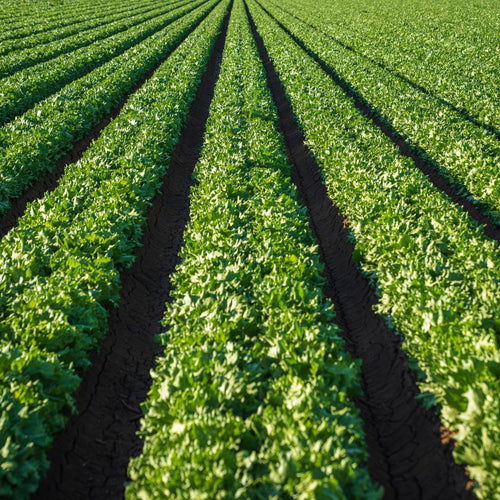
Quality Control Excellence
Cooperatives focus intensively on quality control, providing farmers with necessary tools and knowledge to maintain high standards throughout the coffee production process. From careful selection of coffee cherries to meticulous processing methods, every batch meets the expectations of discerning consumers worldwide.
The combination of traditional farming wisdom and modern quality control techniques ensures that Guatemalan coffee maintains its reputation for exceptional flavor complexity and consistency.
Organic Methods
By adopting organic farming methods and reducing the use of chemical fertilizers and pesticides, these cooperatives protect the environment while producing coffee that is healthier for both consumers and the ecosystem.
Guatemalan Coffee Regions
Guatemala's diverse coffee regions each contribute unique characteristics to the country's coffee profile. The mountainous terrain creates numerous microclimates, while volcanic soil provides ideal growing conditions across multiple regions:
- Huehuetenango: Known for full body and complex flavor profiles, grown at the highest altitudes
- Antigua: Famous for its distinctive spicy and smoky characteristics from volcanic ash soil
- Atitlán: Grown around Lake Atitlán, offering bright acidity and floral notes
- Cobán: Unique climate creates coffees with wine-like characteristics and full body
Each region's unique combination of altitude, climate, soil composition, and processing traditions contributes to the exceptional diversity found in Guatemalan specialty coffee. The Huehuetenango region, in particular, represents the pinnacle of Guatemalan coffee excellence with its extreme altitudes and ideal growing conditions.
Experience Guatemalan Coffee Excellence
Discover the complex flavors of high-altitude Guatemalan coffee. Every cup supports 400+ family farms and sustainable cooperative farming in the volcanic highlands of Huehuetenango.
Shop Guatemala Coffee Explore Our Farms
